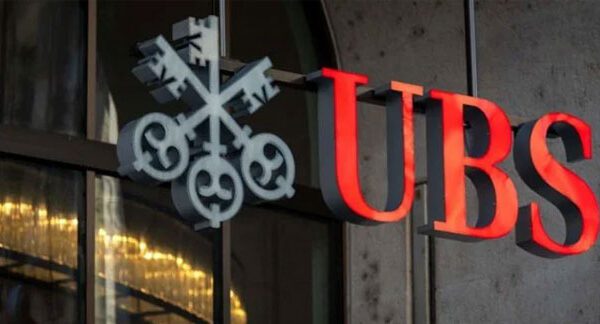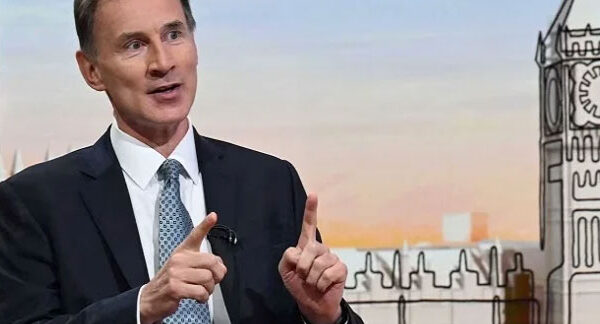Potential $2.5bn Standby Arrangement on the Table for Pakistan and IMF
ISLAMABAD: Pakistan and the International Monetary Fund (IMF) are engaged in discussions regarding a new short-term standby arrangement (SBA) worth approximately $2.5 billion. This arrangement is being considered as the remaining portion of the Extended Fund Facility (EFF), which is set to expire on June 30. The purpose of this SBA is to help Pakistan navigate the political transition to the newly-elected government during the second quarter of the current fiscal year.
Currently, there are two options being discussed between the two sides. The government has fulfilled all the conditions and prior actions of the ninth review, as well as those related to the subsequent 10th and 11th tranches, despite not receiving the outstanding $2.5 billion funds since October 2022.
These options have been deliberated at the staff level, and Prime Minister Shehbaz Sharif has had back-to-back engagements with IMF Managing Director Kristalina Georgieva, including a recent telephone conversation on Tuesday morning.
An official stated, “In the strict sense, we have completed conditions of not only the 9th review but, with the revised budget, the terms of the 10th and 11th reviews had also been met, and [Pakistan] deserves disbursement of the entire outstanding approved quota.”
However, due to IMF rules, quick reviews are not provided, especially with the one-year extension of the program expiring on June 30. Ms. Georgieva explained this to PM Shehbaz in Paris.
The IMF has acknowledged the prompt completion of policy actions by Pakistani authorities. The last policy decision that Pakistan reluctantly implemented was the sudden increase in the central bank’s policy rate to a record high of 22%, although the IMF staff recommended 23%.
Earlier, the IMF staff had raised concerns about the original budget presented on June 9, but they have now confirmed that the revised budget, including additional taxes, expenditure cuts, and the discontinuation of amnesty schemes for remittances, meets the program requirements.
The two options being considered include the disbursement of $1.1 billion under the 9th review. However, if approved by the IMF executive board, this would mark the end of the program without the possibility of receiving two subsequent tranches totaling $1.4 billion.
The second option under consideration is entering into a new short-term arrangement with an upfront disbursement equivalent to the 9th review ($1.1 billion) within the next 15 days, followed by two to three more reviews for up to $500 million each.
For both options, a staff-level agreement must be announced by June 30 to build confidence. The executive board’s approval could follow in the next week or so.
Sources state that securing the entire amount of $2.5 billion is the priority for Pakistan. To achieve this, the government may need to increase the petroleum levy by up to Rs5 per liter in the upcoming pricing review and commit to an expedited regulatory process for rebasing electricity tariffs by Rs5-8 per unit, effective from July 1.
Both the EFF and SBA windows have similar characteristics, except that the EFF has a longer tenure (3-4 years) to address medium-term balance of payment challenges, while the SBA is generally short-term (9-24 months) with relatively flexible terms.
Furthermore, Pakistan is anticipating inflows from friendly Arab countries in the next few days, which will contribute to a higher foreign exchange reserve position at the end of the fiscal year.
In a related development, the IMF staff mission has expressed satisfaction with Pakistan’s recent measures and policy actions. The mission chief to Pakistan, Nathan Porter, commended the Pakistani authorities for their decisive actions aligning with the economic reform program supported by the IMF. Porter stated that discussions with Pakistani authorities.








